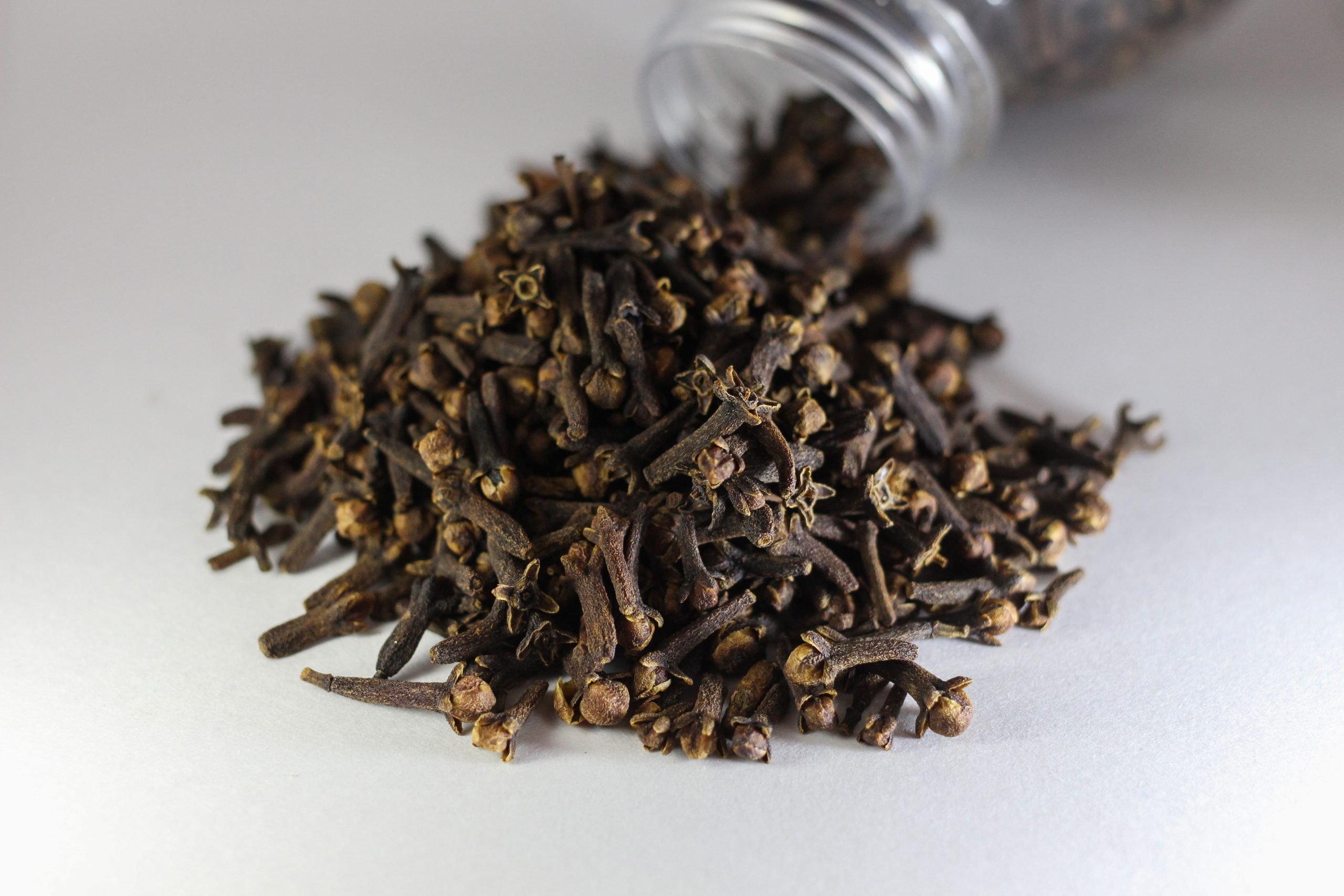
Introduction: 🌿 Cloves, aromatic flower buds derived from the Syzygium aromaticum tree, have been used for centuries in culinary and medicinal practices. While cloves offer numerous health benefits, it’s important to be aware of potential side effects and precautions. In this blog post, we will explore the possible side effects of cloves, discuss precautions to take when consuming them, and provide recommendations for safe and responsible usage. By understanding the potential risks, you can make informed decisions and ensure your well-being when incorporating cloves into your lifestyle.
1. Allergic Reactions: 🌿 Allergies to cloves are rare but possible. Some individuals may develop allergic reactions, such as skin rashes, itching, swelling, or difficulty breathing, upon exposure to cloves. If you experience any of these symptoms after consuming or coming into contact with cloves, seek medical attention immediately.
2. Gastrointestinal Discomfort: 🌿 In some cases, cloves may cause gastrointestinal discomfort. Consuming large amounts of cloves or using highly concentrated forms, such as clove oil or supplements, may lead to symptoms such as stomach pain, nausea, vomiting, or diarrhea. To minimize the risk of gastrointestinal issues, it’s advisable to use cloves in moderation and within culinary or recommended dosage limits.
3. Interaction with Medications: 🌿 Cloves contain compounds that may interact with certain medications. For instance, eugenol, the active compound in cloves, can potentially enhance the effects of blood-thinning medications like warfarin, leading to an increased risk of bleeding. If you are taking any medications, including anticoagulants, consult your healthcare provider before incorporating cloves into your diet or using them in concentrated forms.
4. Skin Sensitivity: 🌿 Direct contact with clove oil or applying it in high concentrations to the skin may cause skin sensitivity or irritation in some individuals. It’s advisable to dilute clove oil with a carrier oil before applying it topically and to perform a patch test on a small area of skin to check for any adverse reactions. If you experience skin redness, itching, or irritation, discontinue use and seek medical advice.
5. Interaction with Pregnancy and Breastfeeding: 🌿 While cloves are generally considered safe in culinary amounts, pregnant and breastfeeding women should exercise caution when using concentrated forms of cloves or supplements. Limited research is available on the effects of cloves during pregnancy or breastfeeding, and it’s best to consult a healthcare professional before using cloves in any concentrated form or supplement.
Precautions and Recommendations: 🌿 To ensure safe and responsible usage of cloves, consider the following precautions:
- Moderation is Key: Use cloves in moderation, especially if you are new to consuming them or using concentrated forms like clove oil or supplements.
- Consult a Healthcare Provider: If you have any pre-existing medical conditions, are taking medications, are pregnant, or breastfeeding, consult a healthcare provider before incorporating cloves into your routine.
- Use Culinary Amounts: Enjoy cloves in culinary amounts as part of your regular diet. Culinary usage is generally safe and provides the aromatic and flavorful benefits without excessive exposure to the active compounds.
- Patch Test for Topical Use: If using clove oil topically, dilute it with a carrier oil and perform a patch test on a small area of skin to check for any adverse reactions before applying it to larger areas.
Conclusion: 🌿 While cloves offer a range of health benefits, it’s important to be aware of potential side effects and take necessary precautions. Allergies, gastrointestinal discomfort, medication interactions, skin sensitivity, and considerations during pregnancy and breastfeeding are important factors to consider when using cloves. By exercising moderation, consulting healthcare professionals when needed, and following safe usage practices, you can enjoy the benefits of cloves while minimizing potential risks. Stay informed, be mindful of your body’s response, and make informed decisions to ensure a safe and enjoyable experience with cloves. 🌿🌸💚









